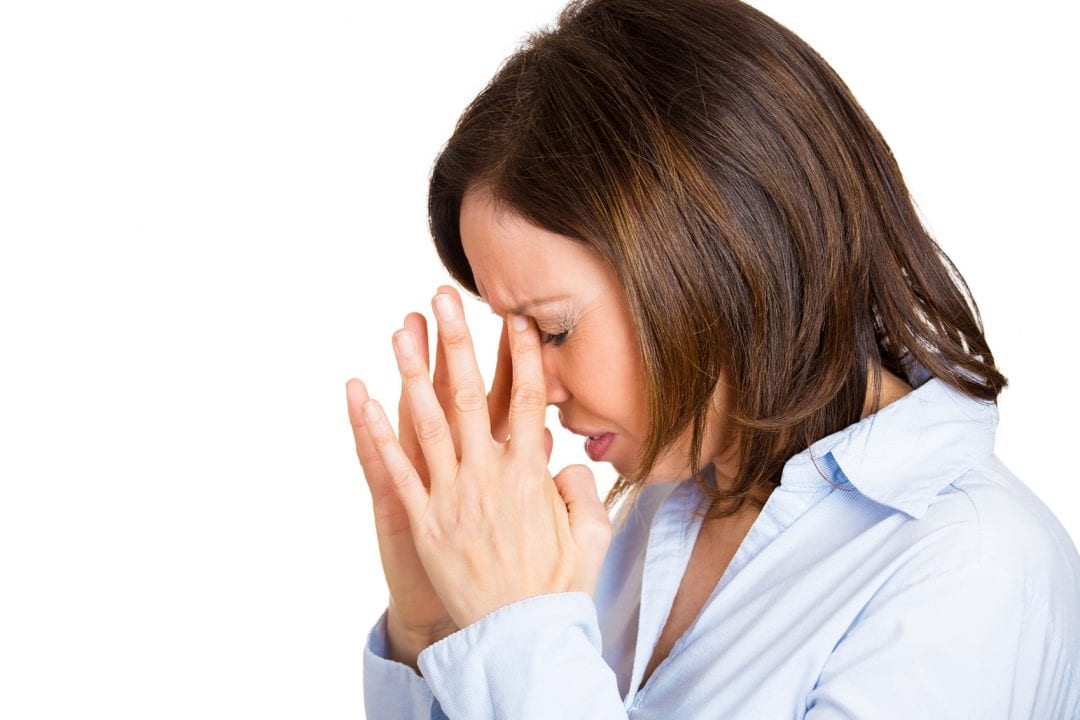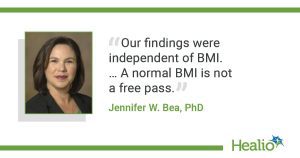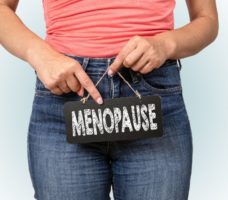When most people think about menopause, symptoms like hot flashes, night sweats and moodiness come to mind. But did you know dry eyes affect 60 percent of menopausal women, and only 16 percent of them realize menopause is to blame? If you’re experiencing dry, itchy, and irritated eyes, and are of menopausal age, it may be a symptom of menopause.
Like with most symptoms of menopause, hormones are to blame. Plummeting hormone levels are believed to affect the ocular tissues and the composition of tears your eyes produce. Common symptoms include dryness, sensitivity to light, blurred vision, and a gritty feeling in the eyes. Women who have already been through menopause may experience disrupted chemical signals that help maintain a stable tear film; the resulting inflammation can lead to a decrease in tear production.
Treating Menopausal Dry Eye
Just because you’re going through menopause doesn’t mean you have to suffer from dry eyes. The key to correcting the problem is linking your symptoms to hormonal changes and seeing a doctor to discuss treatment options. According to the Society for Women’s Health Research, more than three million women experience dry eye each year – the issue is common, and you’re not alone. Some data suggests hormone replacement therapy (HRT) may help alleviate the symptoms, while other studies have shown an increased risk of dry eye syndrome in women using HRT. Essentially, only your doctor can decide whether HRT is right for you.
Natural Dry Eye Relief
For women seeking a more holistic approach, there are a variety of natural ways to restore your hormone balance. Things like nutrition play an important role in regulating the body, so eating three healthy and sensible meals a day is ideal. Each meal should include whole foods and essential fatty acids. When shopping for a multi-vitamin, look for the right balance of omega-3, omega-6, and omega-9.
Endocrine can help your body produce natural levels of estrogen, progesterone, and testosterone. Try incorporating more whole grains into your diet, and stay away from excess sugar and processed foods. This will help control insulin levels and keep inflammation under control. Additionally, avoiding pollution and other irritants, like cigarette smoke, can alleviate dry eyes. If you wear makeup, experts suggest switching to hypoallergenic make-up.
Eye Drops & Contact Lenses
Many women use eye drops or artificial tears to help relieve the symptoms of dry eyes. While these drops often provide instant relief, the results are only temporary. If you choose to use eye drops, educate yourself on your options as eye drops can vary quite a bit. While rest and artificial tears may provide temporary relief, you should visit an eye care professional if your symptoms are severe. There are prescription tears on the market that are longer lasting and more effective than their over-the-counter alternatives.
When shopping for eye drops, avoid “get the red out” and “clear eye” drops, as these can cause redness, inflammation, and dryness if used for an extended period of time. Menopausal women who wear contact lenses should pay special attention to their eyes, as contact lenses can soak up the fluid in your eye and collect proteins on the surface, which can further irritate the eye. Keep lenses clean, try not to wear them all the time, and check eye drop bottles as some drops aren’t made to be used with contacts.
This content was originally published here.









